Breaking down the basics of animal testing, selling in China, and new CA legislation
Written by: 100% PURE®
You’d think that being cruelty-free would be a no-brainer, since it means less suffering for animals. While we at 100% PURE are deeply committed to protecting animals at any cost, we can’t say the same for other brands.
If you care about animals and are ready to make the switch to cruelty-free makeup (and more), start here! We’re covering the basics of going cruelty-free, including shopping tips, selling in China, and new CA legislation.
The general understanding of animal testing and the specifics outlined in California legislation are simple. Animal testing is “the internal or external application of a cosmetic, either in its final form or any ingredient thereof, to the skin, eyes, or other body part of a live, non-human vertebrate.”
For decades, cosmetic and drug companies have used animal testing as a way to prove a product’s safety and efficacy, before rolling it out to the mass market. It was believed that animal testing was the only way to understand potential side effects and reactions from a product. Animal testing is considered a method for quality assurance (QA), but its negative effects have led to a demand for cruelty-free alternatives.
Modern technology has rendered animal testing obsolete, and in actuality, only a small percentage of animal tests yield accurate results. It’s not surprising, when you consider the complex differences between animal test subjects and the human biology they’re representing. The cruel and inaccurate practices performed on test animals have become a major catalyst for change, from both animal advocates and consumers.
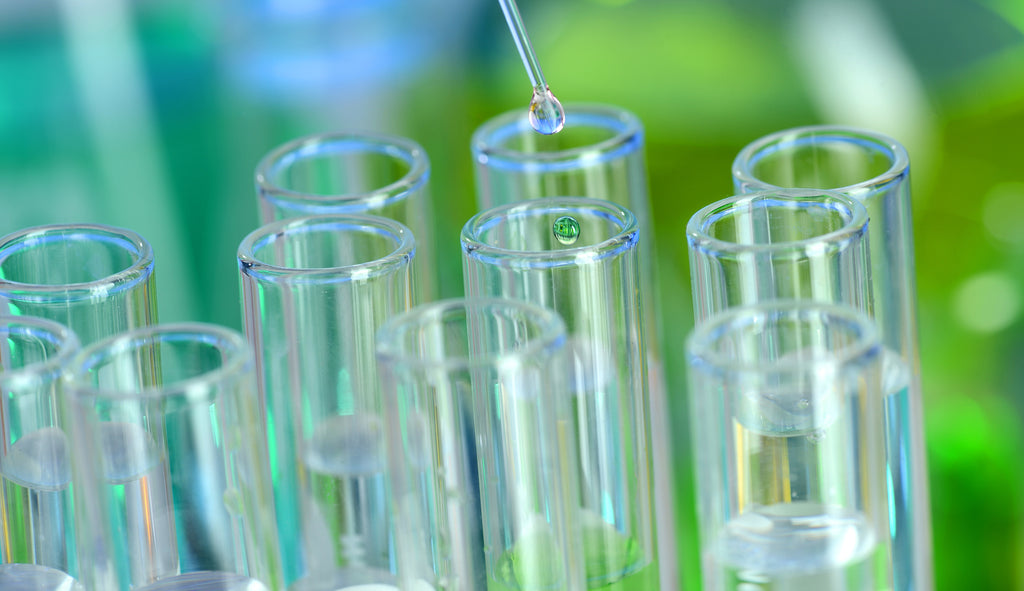 Yes, Many Brands Still Use Animal Testing
Yes, Many Brands Still Use Animal Testing
At 100% PURE, we refuse to test any single ingredient or finished product on animals, making every one of our products cruelty-free. Sadly, hundreds of other brands still use animal testing as a means for quality control and measuring product efficacy. The reason isn’t because animal testing is the only way to get results; it’s simply easier because it doesn’t require new innovation. Thankfully, there are brilliant scientists working around this outdated (and inhumane) method to find new and more effective ways to test products.
There are numerous alternatives to animal testing available to help brands produce cruelty-free makeup, skin care, or pretty much any personal care product. According to PETA, these literally life-saving methods can actually be more effective than testing on animals. So basically, a win-win for the animals and for you! These new and improved testing methods include in vitro methods using human cells and tissue, advanced computer modeling, and even human volunteer testing.
Are you serious about going cruelty-free? Check out these alternative methods, and urge inhumane brands to cease animal testing once and for all! When you refuse to buy non-cruelty-free products, you send a BIG message to brand conglomerates and manufacturers: if it’s not cruelty-free, you won’t get my money! They’ll hear you loud and clear.
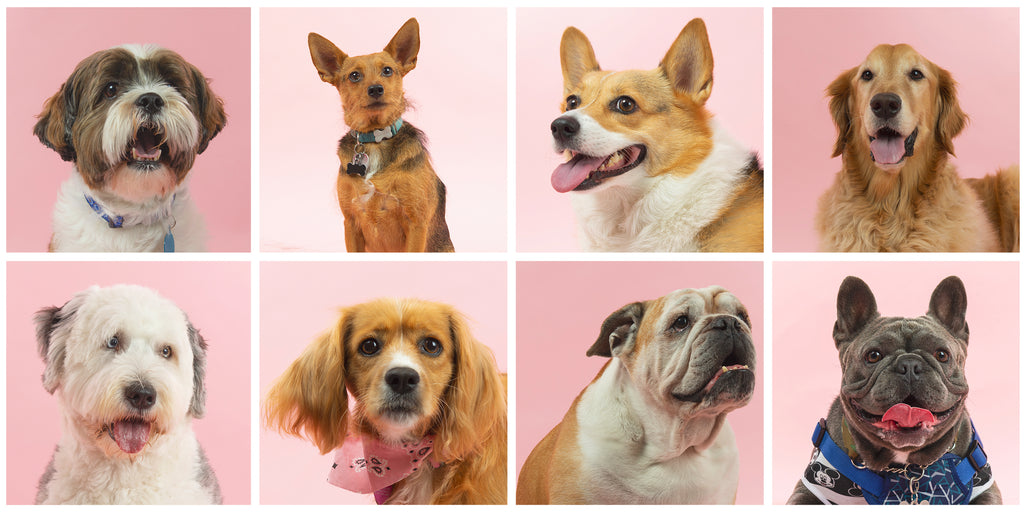 California SB 1249
California SB 1249
The good news is that recently, the state of California brought forth a huge win for animal advocates! We’ll break it down for you:
On September 28, 2018, Governor Jerry Brown approved Senate Bill no. 1249. The bill was written by Senator Cathleen Galgiani, and co-sponsored by the Physicians Committee for Responsible Medicine and Social Compassion in Legislation. The bill was filed with the Secretary of State and ultimately goes into effect on January 1, 2020. Currently, existing California law is as follows:
“... prohibits manufacturers and contract testing facilities from using traditional animal testing methods within this state when an appropriate alternative test method has been scientifically validated and recommended by the Interagency Coordinating Committee on the Validation of Alternative Methods (ICCVAM) or other specified agencies.”
SB 1249 makes it “... unlawful for businesses to import for profit, sell, or offer for sale in this state, any cosmetic, as defined, if the cosmetic was developed or manufactured using an animal test that was conducted or contracted by the manufacturer, or any supplier of the manufacturer, on or after January 1, 2020”.
In summary, SB 1249 makes it impossible for non cruelty-free products to be sold in the state of CA after January 1, 2018. After that date, manufacturers will have 180 days to sell-through current inventory of non-compliant products before being fined. They’ll face an initial fine of $5,000, and $1,000 for each additional day that they continue to sell animal tested products.
There are some exceptions for regulatory requirements, for example if “the ingredient is in wide use and cannot be replaced by another ingredient capable of performing a similar function.” Naturally we’d love to see all animal-testing erased from practice, but some protocols will take time to reverse, especially if there is no current alternative. But in terms of cosmetics, and California’s massive cosmetics market, this is a definite win. “I’m proud of California lawmakers for moving science, industry, and ethics forward today,” Senator Galgiani said. “Cruelty-free cosmetics are good for business, safe for humans, and don’t harm animals.” We agree, Senator!
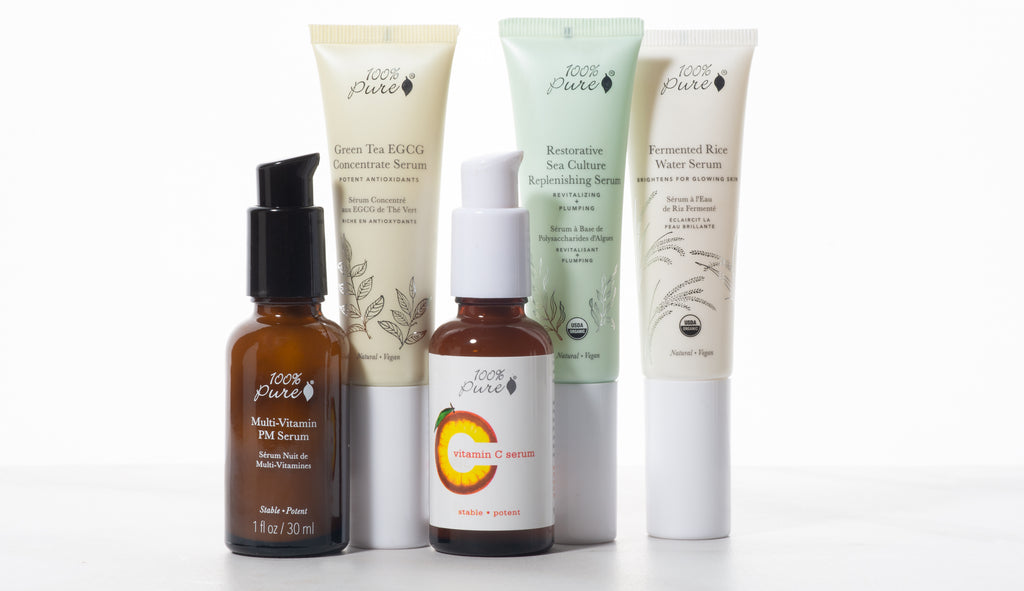 Selling Cruelty-Free Products in China
Selling Cruelty-Free Products in China
Another point of contention and confusion for customers is understanding which brands sell in China, and why/ if they’re still cruelty-free. Prior to 2014, China REQUIRED all products sold in the country to undergo animal testing -- that equals thousands of animals made to suffer for no reason. Unlike the trailblazing European (and most of the American) market, Chinese companies support animal testing as a way to prove a product’s safety and efficacy.
In 2014, the requirement to test on animals was lifted, but they enacted a new law: that any non-Chinese manufacturer would need to perform animal testing on ANY of their products sold in China. This backward-thinking practice makes it difficult for caring consumers in China to purchase cruelty-free products in their own country.
In order to continue selling in one of the world’s most lucrative cosmetic markets, most non-Chinese brands chose to adopt this new animal-testing regulation. Many already tested on animals, but some cruelty-free brands went as far as to revert to animal testing -- just to sell in China.
Recently, model and YouTube vlogger Cassandra Bankson called out a major cult-favorite makeup brand for coming out in support of animal testing. The once-cruelty-free brand was recently acquired by a larger Japanese corporation, which tests on animals and sells in China. She slammed the brand for going back on their word, and for taking a huge moral step backwards. In the same video, she also praised 100% PURE for spending the extra time and resources to sell in China -- while retaining our cruelty-free integrity.
What most consumers don’t know is that selling in China needn’t compromise a brand’s cruelty-free status. This regulation only applies to all physical/ retail stores in China. It excludes products sold only in Hong Kong, and online-to-customer sites used by Chinese consumers. To continue selling cruelty-free products in China, 100% PURE uses a third-party warehouse in Oregon to ship directly to Chinese customers’ doorstep. This means we can avoid China’s rigid international animal-testing requirements, while providing quality cruelty-free products to conscious consumers.
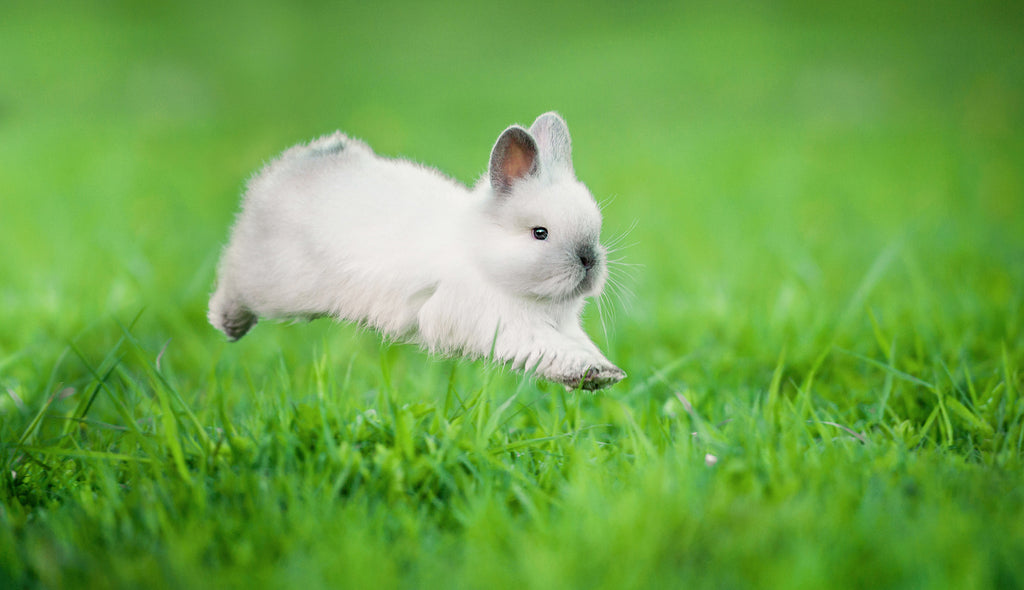 How to Spot a Truly Cruelty-Free Product
How to Spot a Truly Cruelty-Free Product
When shopping for cruelty-free makeup, skin care, and other personal care products, there are a few things you can look for. First, check for cruelty-free certification logos on products. Both Leaping Bunny and PETA certify brands, so that caring consumers can easily spot cruelty-free products. Guess what? We’re certified by both!
Another thing to remember when shopping for cruelty-free products is to know your lingo. Vegan makeup and skin care are wonderful, but can still be tested on animals. So the best thing you can do is to first check for a cruelty-free certified logo, and then cross reference this certification on the certifier’s website. You can also check third party cruelty-free sites, which are often run by dedicated cruelty-free experts.
On these sites, you can find lists of both cruelty-free and non-cruelty-free brands -- this will help take out the guesswork when you’re shopping! Some of the biggest names in makeup and skin care are major offenders on Cruelty-Free Kitty’s list of brands that aren’t cruelty-free -- so check the list if you care about animals! You might be surprised who you see.
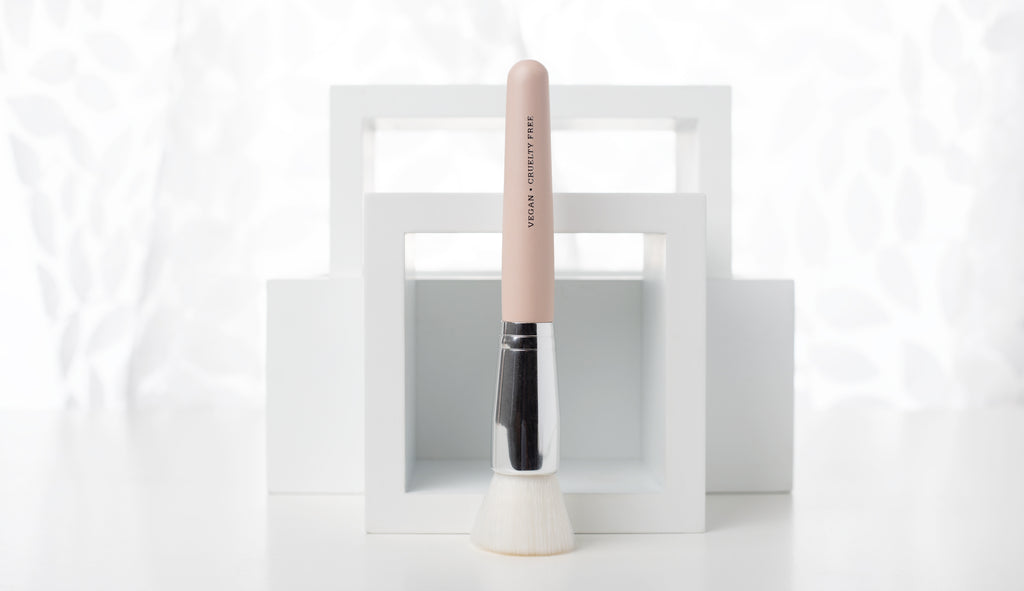 Animal Hair Vs. Cruelty-Free Makeup Brushes
Animal Hair Vs. Cruelty-Free Makeup Brushes
To the average consumer, animal hair makeup brushes probably sound like the most high-end option for applying makeup. While synthetic bristle, cruelty-free makeup brushes might sound less exciting, the truth is that they’re safer for animals and your skin! Animal hair brushes are more likely to grow bacteria between uses. This bacteria enables acne-causing bacteria to thrive. This means you’ll either need to wash your brushes on a daily basis, or avoid them altogether.
Using animal hair brushes can also causes allergic reactions, making them a risky option for makeup lovers. So if you aren’t willing to make the switch to cruelty-free makeup brushes, you’ll either be wasting money on skin irritating brushes or deal with a lengthy return process. Ultimately, it’s a lose-lose-lose situation for the animal, your skin, and your wallet if you aren’t using cruelty-free makeup brushes.
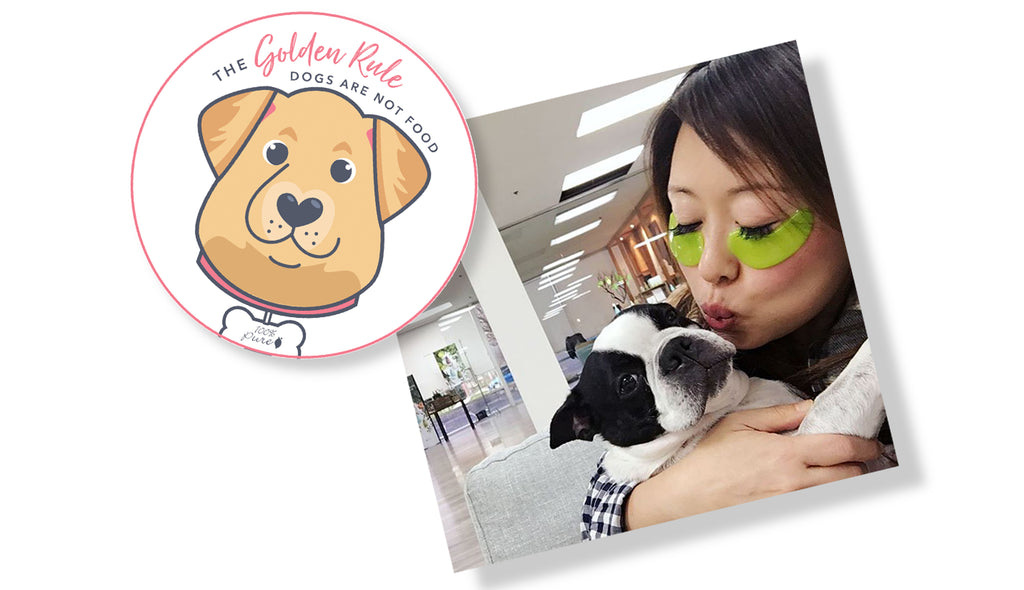 Our Dedication to Animal Welfare
Our Dedication to Animal Welfare
Aside from being a certified cruelty-free brand, 100% PURE founder Susie Wang is deeply passionate about animal welfare, and works tirelessly to oppose animal testing. She uses the beauty industry as a platform for raising awareness around the horrors of animal testing for cosmetics.
Witnessing the horrors inflicted upon rats during animal testing was a catalyst for Susie to leave the world of conventional beauty behind. She began a 100% cruelty-free makeup and personal care brand that continues to raise awareness around animal cruelty in the beauty industry. She is deeply passionate about veganism, and is a proud mom to her two Boston Terrier rescues, Joy and Victory. Susie’s most recent opposition to animal cruelty was with her campaign for rescuing dogs from China’s Yulin dog meat festival. She will continue to use her voice and her brand to take a stand against unnecessary, cruel, and outdated animal testing in the beauty world and beyond.
- Tags: Makeup, October-2018, Skin Care, Susies Lab, Top Rated
We carefully hand-select products based on strict purity standards, and only recommend products we feel meet this criteria. 100% PURE™ may earn a small commission for products purchased through affiliate links.
The information in this article is for educational use, and not intended to substitute professional medical advice, diagnosis, or treatment and should not be used as such.











